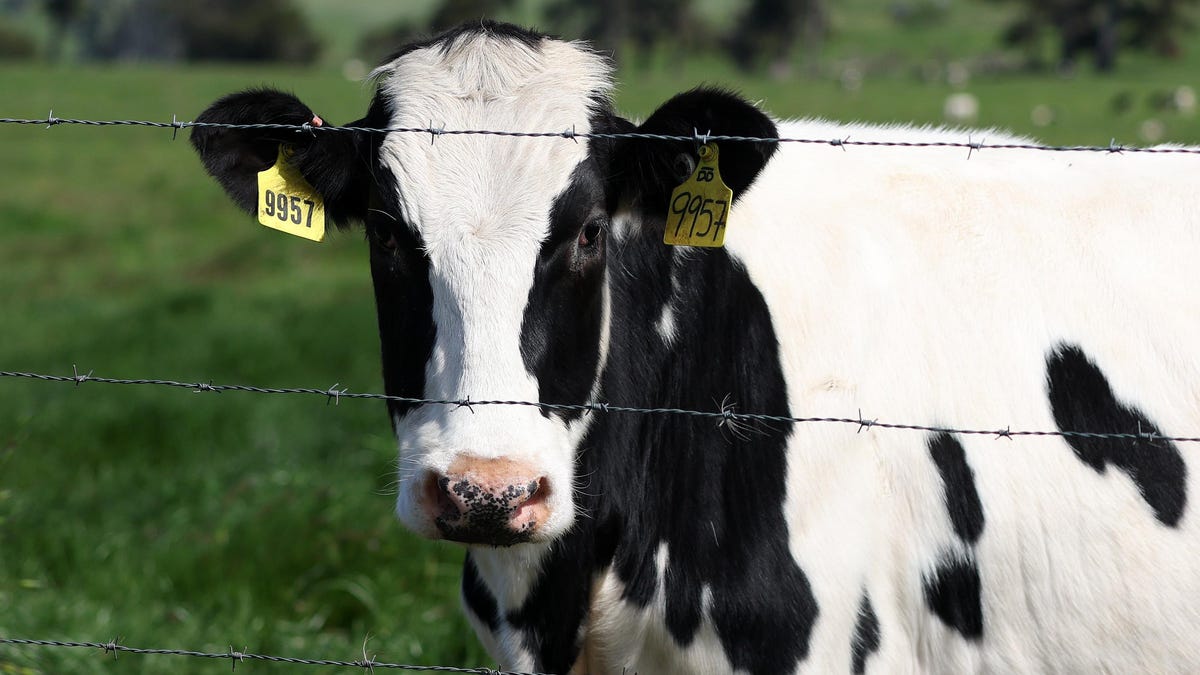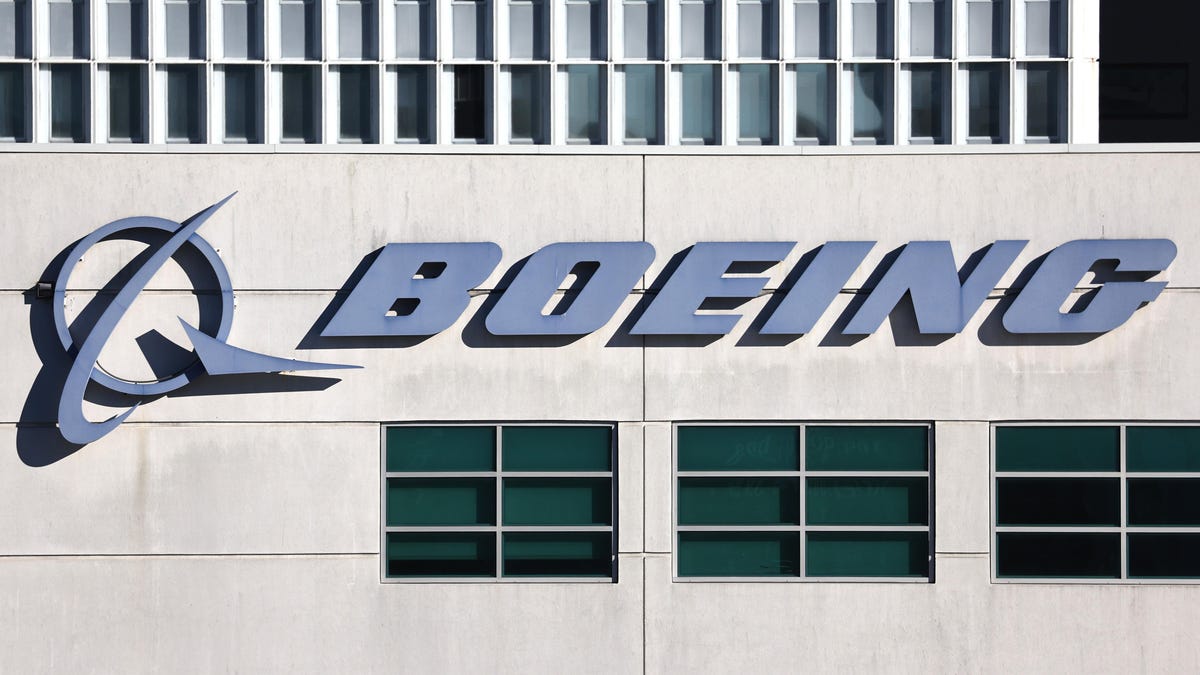Increased Sales of Raw Milk Amid Bird Flu Outbreak
Sales of raw milk in the United States have experienced a significant 21% increase following the confirmation of bird flu in dairy cattle in late March. This data is based on a recent report from PBS Newshour, which references new findings from research firm NielsenIQ.
Despite the well-established knowledge that pasteurization effectively eliminates viruses, including bird flu, some individuals choose to consume raw milk under the belief that intentional exposure to H5N1 can provide them with immunity against the disease.
Bird Flu Incidence and Concerns
Currently, a concerning situation has emerged with 46 dairy cow herds across nine states testing positive for bird flu, as reported by the U.S. Department of Agriculture. Moreover, the discovery of four new infected herds was recorded just today. This growing prevalence of bird flu in dairy cows raises alarm due to the increased likelihood of viral mutations, potentially facilitating its spread among various species.
While pasteurized milk has been found to contain inactive viral remnants of H5N1, the USDA assures consumers of its safety for consumption. Conversely, raw milk reflects “high concentrations” of the virus, as confirmed by the USDA. The consumption of unpasteurized dairy products at this time carries significant risks akin to playing a game of chance.
Global Health Implications
Although there have been no reported instances of human-to-human transmission of the virus to date, the possibility of such a development looms, especially with potential virus mutations. The World Health Organization has documented 889 human cases and 463 fatalities from H5N1 since 2003, resulting in a mortality rate of approximately 52%.
The surge in raw milk consumption appears to correlate directly with the identification of bird flu in unpasteurized dairy products, coupled with a misconstrued notion that exposure to the virus could confer benefits on humans.
Public Perception and Misconceptions
News reports from the Los Angeles Times highlighted the escalating interest in raw milk producers amidst the exacerbation of the bird flu pandemic. Noteworthy figures such as Mark McAfee from Fresno’s Raw Farm and the Raw Milk Institute have observed a rising demand for “H5N1 milk” from customers seeking immunity, despite the absence of bird flu in California’s dairy herds. Others, like Peg Coleman, a medical microbiologist running Coleman Scientific Consulting in New York, adamantly refute the government’s cautionary advisories.
Anti-science activists proliferate on platforms like TikTok and Twitter, propagating the purported virtues of raw milk consumption. These influencers have notably gained traction since the initial detection of bird flu in American dairy cows.
Critical Health Advice and Recommendations
It is strongly advised against consuming raw milk, particularly during this period of heightened risk. Contrary to claims suggesting nutritional benefits, the Centers for Disease Control and Prevention (CDC) debunks such assertions. While the argument for raw milk having superior taste is subjective, it is undoubtedly an irrational justification for potential severe illness. The ramifications could extend to triggering a new pandemic with catastrophic human consequences, potentially claiming the lives of half the infected population.
Image/Photo credit: source url





